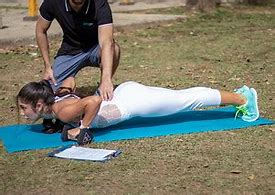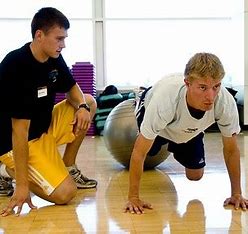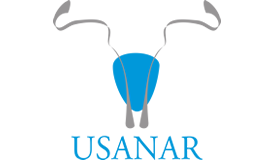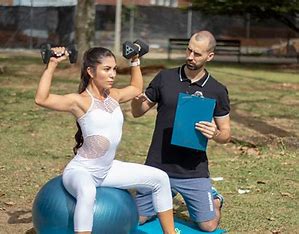In recent years, the role of personal training has evolved beyond simply guiding clients through workout routines. Today, personal trainers are increasingly recognized as vital educators in the realm of health and wellness. This shift is driven by a growing understanding that achieving lasting fitness results requires more than just physical exercise; it demands a comprehensive approach that includes education on healthy living habits.
 The Educator’s Role in Personal Training
The Educator’s Role in Personal Training
Personal trainers are no longer just instructors; they are educators who provide valuable information about nutrition, stress management, sleep hygiene, and injury prevention. By incorporating these elements into their training programs, they help clients develop a holistic understanding of health. This educational approach empowers individuals to make informed decisions about their lifestyle, leading to more sustainable fitness outcomes.
 The Importance of Understanding the Body
The Importance of Understanding the Body
A key aspect of health education in personal training is teaching clients about the anatomy and physiology of their bodies. Understanding how the body works can motivate individuals to take better care of it. For example, learning about the cardiovascular system can underscore the importance of regular aerobic exercise, while knowledge of muscle function can highlight the benefits of strength training. For those seeking Personal Training in Sugar Land, TX, consider reaching out to local experts for guidance and support.
 Nutrition: The Foundation of Fitness
Nutrition: The Foundation of Fitness
Nutrition is another critical area where personal trainers provide education. They help clients understand the role of food in achieving fitness goals, whether it’s losing weight, building muscle, or improving overall health. By teaching the basics of nutrition, including macronutrients and micronutrients, personal trainers enable their clients to make healthier food choices that support their fitness journey.
 Promoting Lifelong Health and Wellness
Promoting Lifelong Health and Wellness
The ultimate goal of integrating education into personal training is to promote lifelong health and wellness. By equipping clients with knowledge and skills, personal trainers set them up for long-term success. Clients learn to take control of their health, making positive changes that extend beyond the gym and into their everyday lives.
Personal training has become an essential tool for health education, bridging the gap between fitness and overall well-being. By focusing on education, personal trainers are helping to create a more informed and healthier society. As this trend continues, we can expect to see even more emphasis on the educational role of personal trainers in the future.
In conclusion, personal training is not just about guiding clients through workouts; it’s about educating them on all aspects of health and wellness. By doing so, personal trainers are empowering individuals to lead healthier, more fulfilling lives.

